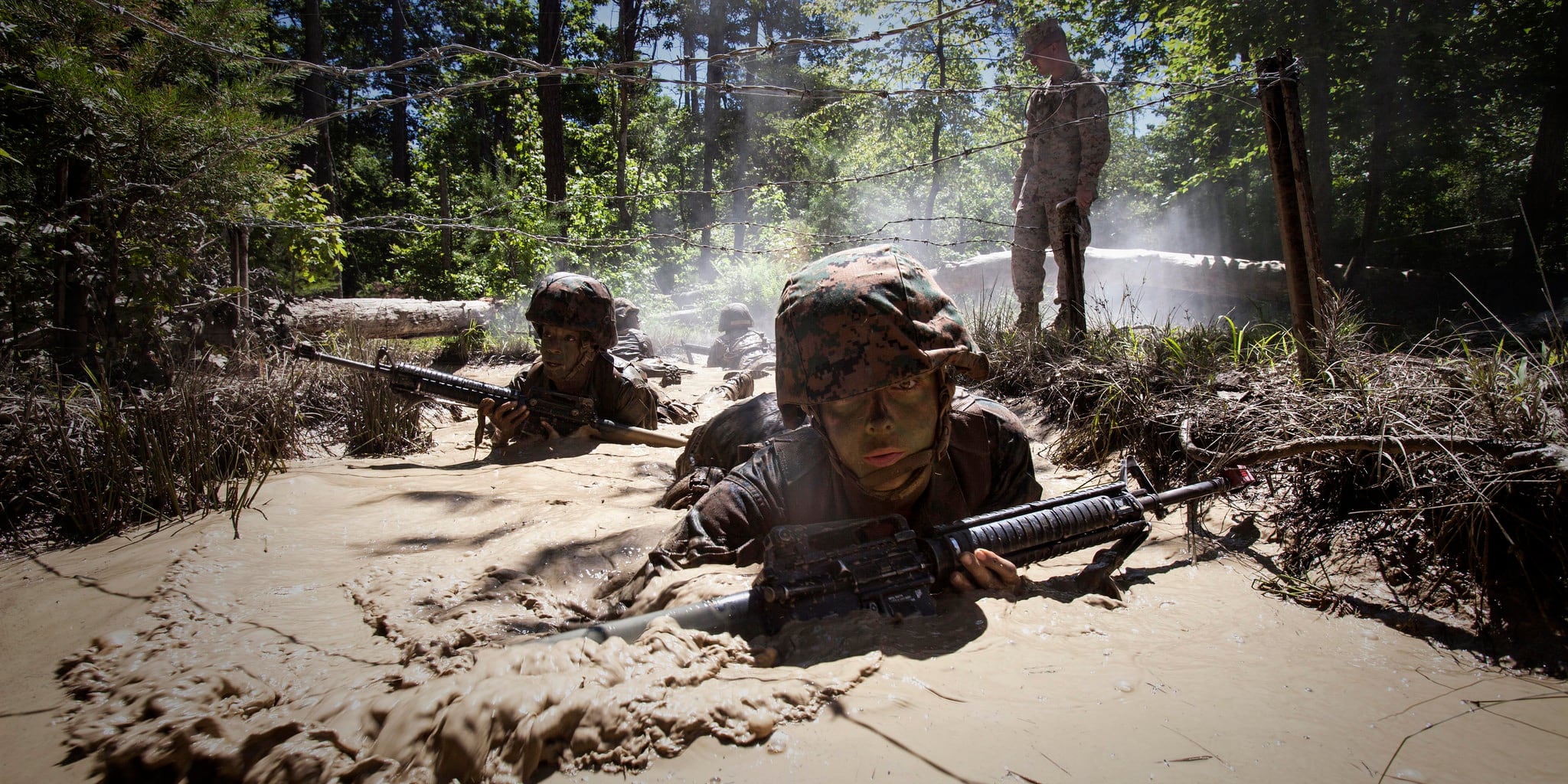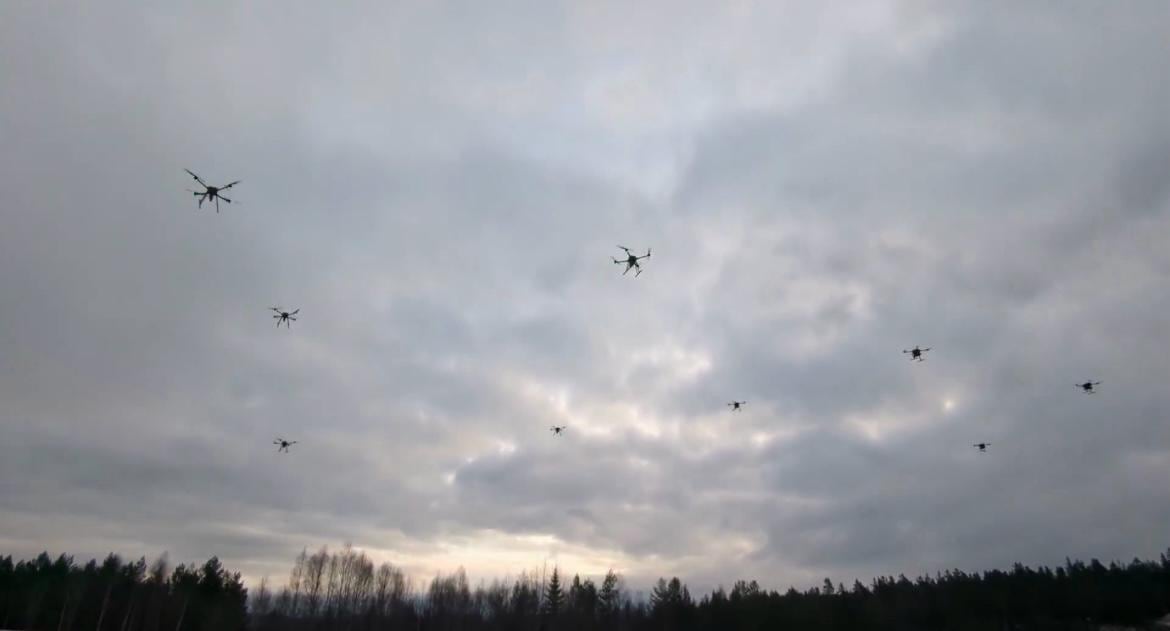The Marine Corps has famously claimed that every Marine is a rifleman, but the Corps has moved 1,000 personnel in the last two years to focus on cyber, electronic warfare, signals intelligence and information operations.
These moves have come at the cost of infantry, “a pretty big cost to go pay for the Marine Corps,” Kenneth Bible, deputy director of the C4 directorate and deputy chief information officer, said Dec. 6 at the Charleston Defense Contractors Association Defense Summit. "The commandant really had to go think about taking that out of the structure to create these [units] across the Marine Corps.”
Now the Marines are looking to integrate these new units — called Marine Expeditionary Force Information Groups, or MIGs — with traditional formations. The deputy commandant for information, a new three-star position created in 2017 to oversee all aspects of information-related warfare, is overseeing efforts to further develop the groups and integrate them into battle plans.
RELATED
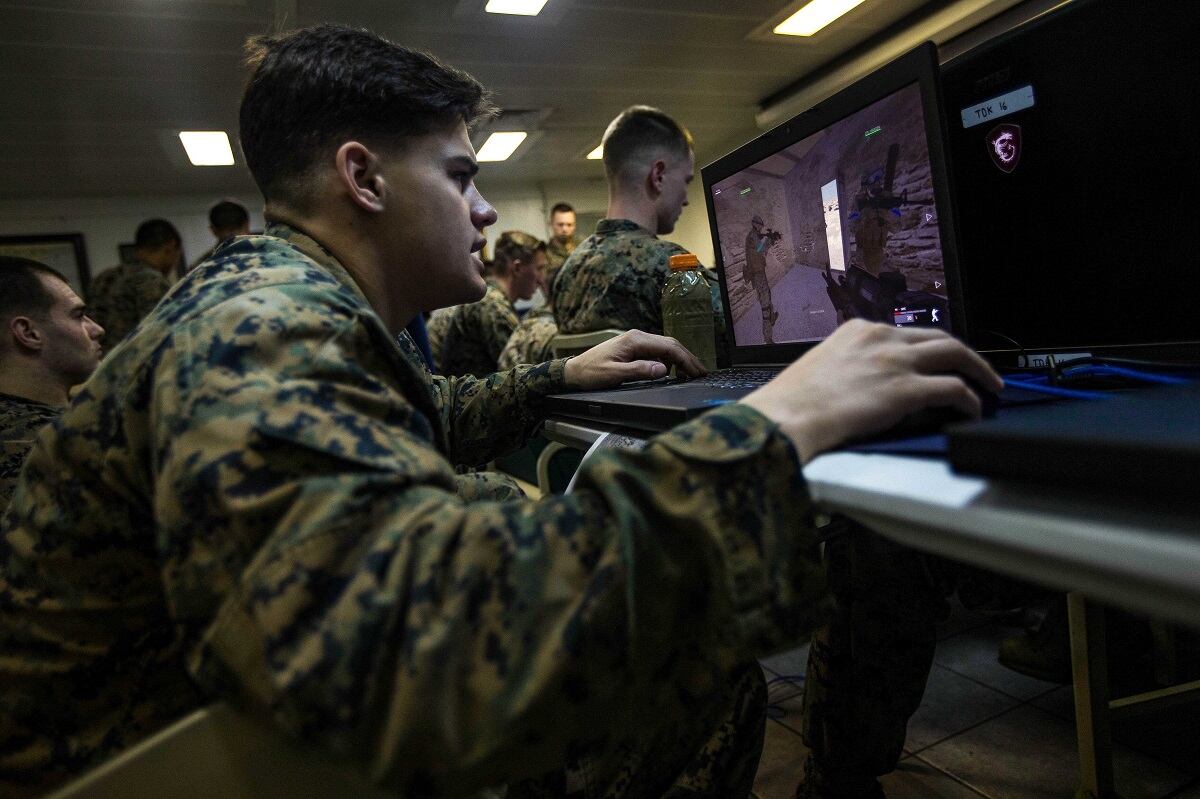
"How does he employ those capabilities as part of an integrated warfare plan? How does he implement a strike package in the information domain?” Bible said. “We really have to figure out how to go make that a relevant force and make it something that the MEF commanders can use.”
Bible explained these forces will be able to provide traditional military information support operations, psychological operations, military deception, or cyber to fight in the information environment.
RELATED
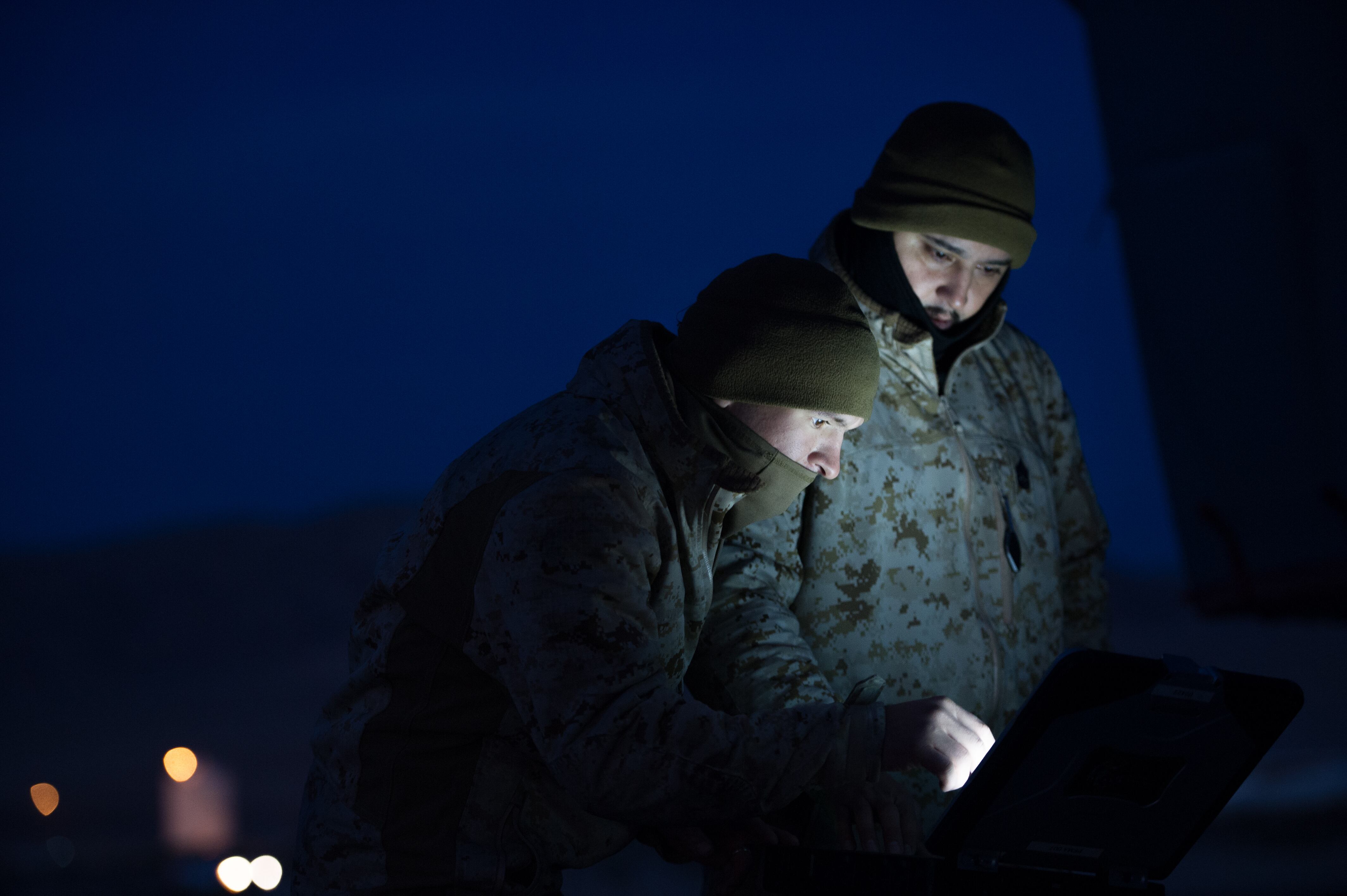
An operational advisory group met earlier in December with all of the group commanders that focused a lot on how they were maturing capabilities, Bible said.
Some of the key questions that still remain surround how to provide intelligence support to cyber, as well as how to incorporate information support capabilities for a more integrated force package, from shaping operations to when operations actually take place.
Bible said that Lt. Gen. Lori Reynolds, the deputy commandant for information, has told the organization to start building out exercise plans to work more closely together, adding there will be more specifics to come in the near future.
Trident Juncture, NATO-led Trident Juncture exercise in Norway that took place from Oct. 25 to Nov. 7, he said, was a good example of getting limited capability out to commanders to test. New tactical defensive cyber teams participated in the exercise and commanders saw their impact, Bible said.
RELATED
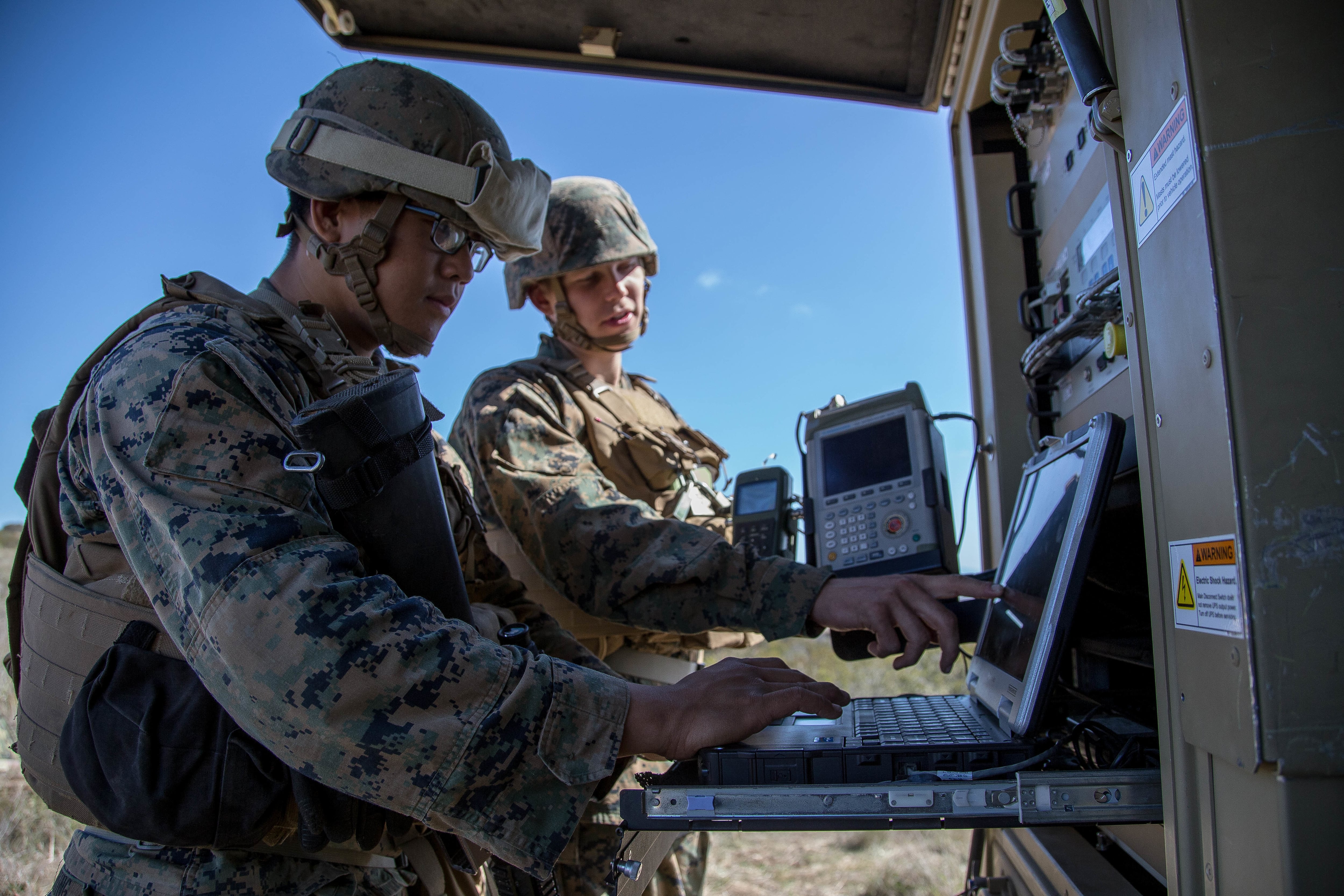
Mark Pomerleau is a reporter for C4ISRNET, covering information warfare and cyberspace.
